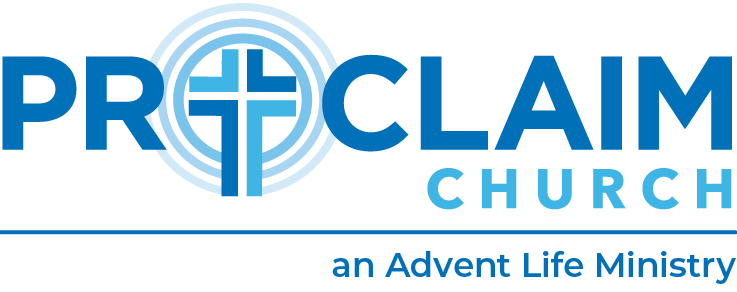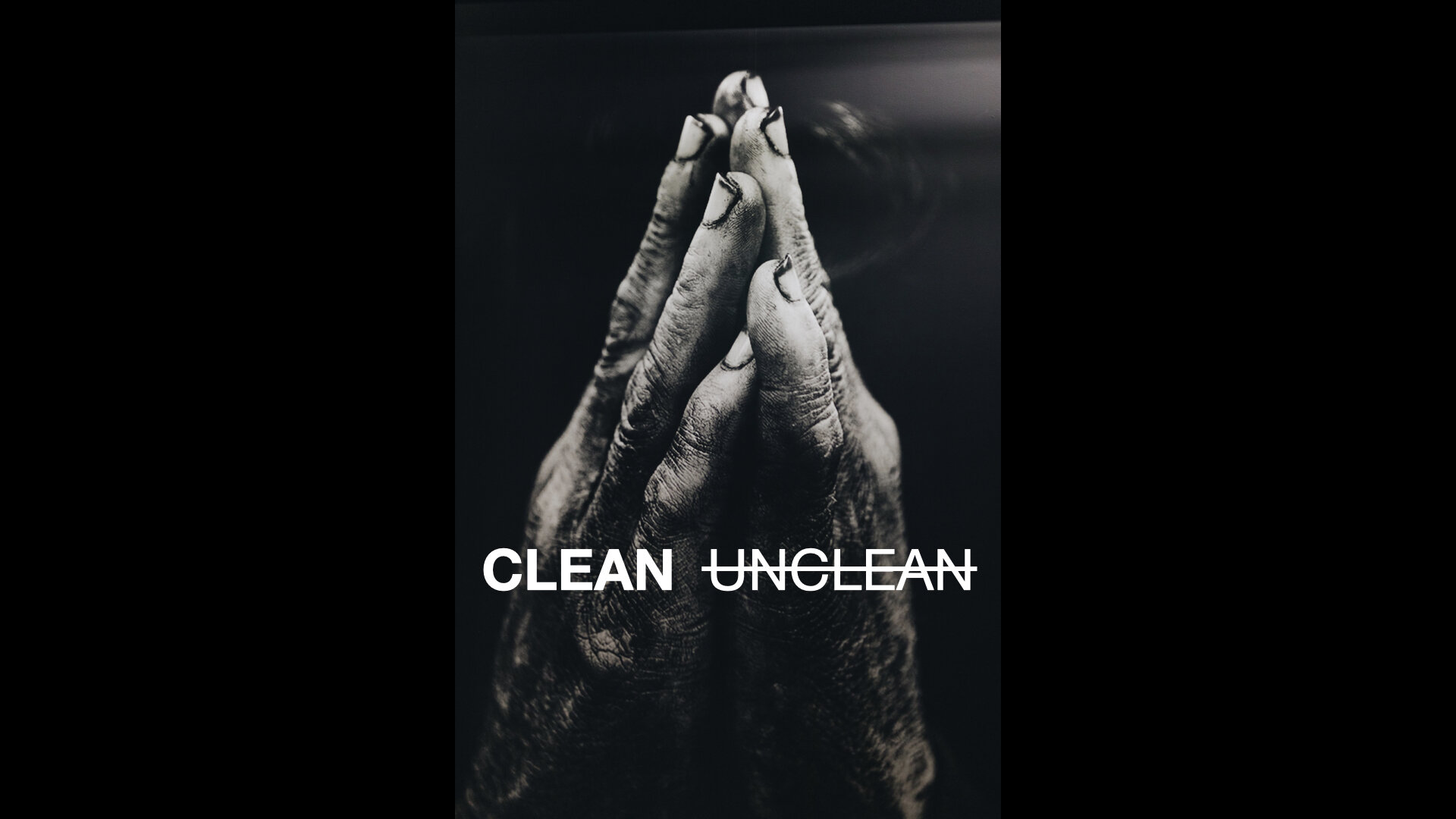“What God has made clean, do not call common.” Acts 10:15.
A paradigm shift was about to happen in the direction and dissemination of the Gospel that the Apostles were charged to proclaim. Until the vision that Peter has in Acts 10 (and likewise the vision that Cornelius had to seek Peter out), the Gospel was only being preached within synagogues and specifically to the Jews. And according to tradition, the focus of the old covenant was to the Jews, so why would this change in the new covenant? This must have been the assumption that the Apostles made, since we see no evidence to the contrary in the book of Acts, up until this point.
Jesus was once again going flip the script on his boys, the Apostles. This Gospel was not only to be proclaimed to the Jews but to the Gentiles as well. Peter, being the leader of the group, was chosen through God’s divine will for this assignment. As usual for Peter, he had to be told thrice through a vision to not call unclean what God has called clean. God was trying to communicate something to him, but what? As the circumstances unfold, he is told by the Spirit to go with the men who Cornelius had sent. He goes back to Caesarea with them and spends the night in Cornelius’ home (a Gentile’s house). This was not permitted for a Jew, as they weren’t allowed to associate, eat with, let alone spend a night under the same roof as a Gentile, as they were considered unclean according to Hebraic Law standards. But God was about to do a new thing; He was going to show Peter and the rest of the Apostles that when He commissioned them to go into the whole world and preach to every creature, He meant it - to everyone, everywhere. To the Jews and Gentiles and everyone in between.
The “aha” moment for Peter came when in verses 34 & 35, he says
“I now realize how true it is that God does not show favoritism but accepts from every nation the one who fears him and does what is right”.
As he is sharing the Gospel to Cornelius and his household, we see the Holy Spirit came upon them, as a confirmation to Peter and those who accompanied him that this Gospel is not only for the Jews but for the Gentiles too. The Gospel is a message for all people; what God has called clean, let no one declare unclean. The Gospel was now going to be proclaimed in a new way to new people. This is further confirmed by Paul in
Galatians 3:28: “There is neither Jew nor Greek, there is neither slave nor free, there is no male and female, for you are all one in Christ Jesus”.
God was directly telling Peter and the apostles that the Gospel, the one that Jesus died and was buried and resurrected to provide, the one that has been proclaimed to the Jew, was also for the Gentile. In dramatic fashion, in which there could be no doubt, they witness the Holy Spirit come upon Cornelius and his household, and they were baptized and welcomed into the Church.
This leaves us with the obvious question; how does this apply to us today? Well, I would ask you to consider a few questions. What spoken or unspoken rules and regulations guide my interaction with others whom I see as ‘unclean’? Are there specific people groups that you consciously or unconsciously treat as ‘unclean’? As a church who do we avoid? How does that align with the proclamation of Peter on that day to the Gentile, Cornelius?
These are important questions to answer in light of the culture we live in today. With so much division and strife over vaccinations, mask wearing, political affiliations, racism and so much more - are we allowing the division of the culture to dictate and inform who we should be loving and affiliating with in the family of God? Are we allowing ourselves to call unclean what God has called clean? If so, what justification do we stand on to do this?
I pray you bring your answers to these questions to the cross of Jesus and allow yourself to be transformed and informed by the Gospel, realizing just like Peter, that God does not have any favorites, He shows no partiality. We all stand equal before our Savior, and we all need His redemption and are only justified through what He did for us on the Cross, let us never call unclean what He has call clean.


